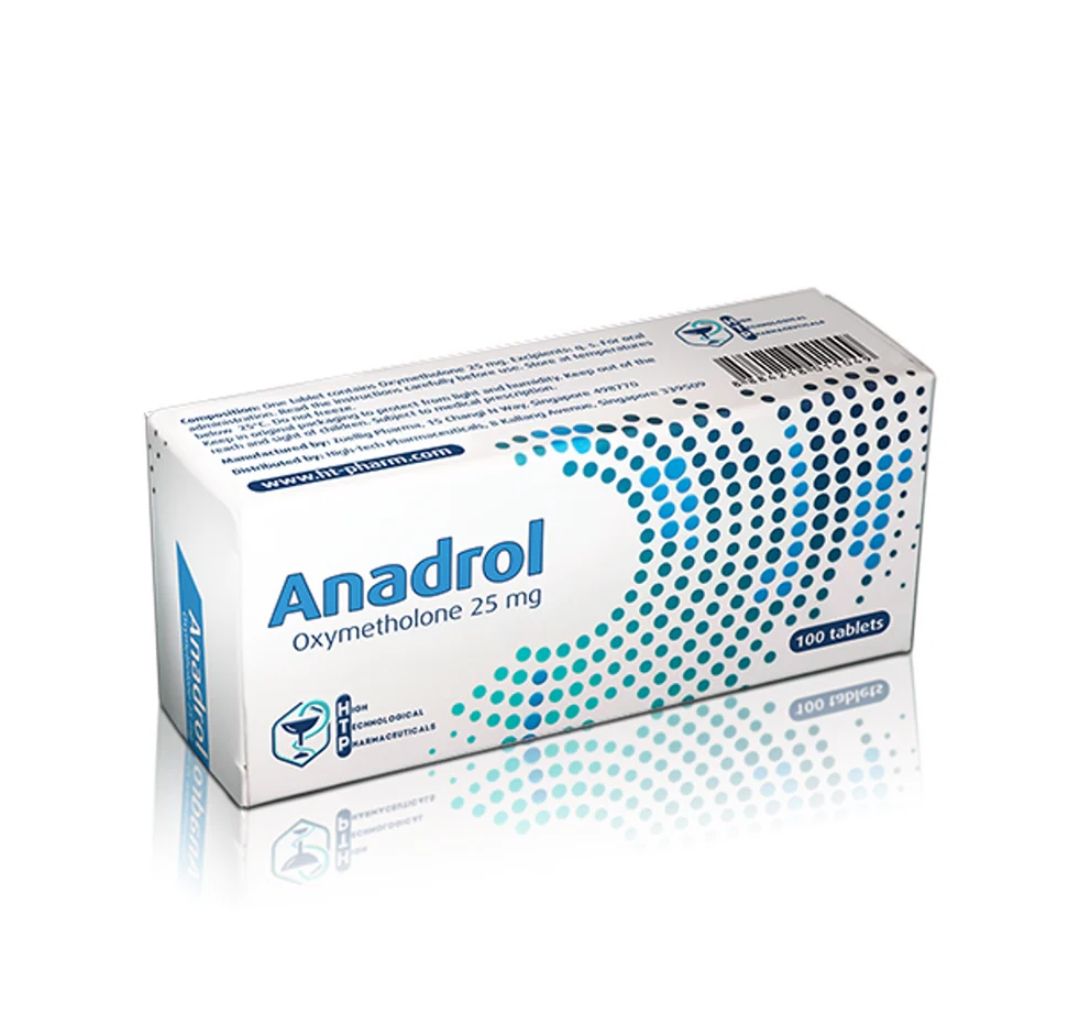Get emergency medical help if you have any of these signs of an allergic reaction while taking oxymetholone (the active ingredient contained in Anadrol-50) hives; difficult breathing; swelling of your face, lips, tongue, or throat.
Long-term use of oxymetholone can cause liver tumors or blood-filled cysts in your liver or spleen. Call your doctor at once if you have:
nausea, upper stomach pain;
rapid weight gain, especially in your face and midsection;
loss of appetite, dark urine, clay-colored stools; or
jaundice (yellowing of the skin or eyes).
Also call your doctor at once if you have:
painful or difficult urination;
increased interest in sex, painful or ongoing erection of the penis;
loss of interest in sex, impotence, trouble having an orgasm, decreased amount of semen when you ejaculate;
easy bruising or bleeding (nosebleeds, bleeding gums), any bleeding that will not stop;
painful swelling in your breasts;
changes in skin color; or
shortness of breath (even with mild exertion), swelling in your hands or feet.
Women receiving oxymetholone may develop male features, which could be irreversible if treatment is continued. If you are a woman taking oxymetholone, tell your doctor right away if you have:
hoarse or deepened voice;
increased facial hair, hair growth on the chest;
male pattern baldness;
enlarged clitoris;
changes in your menstrual periods; or
increased or decreased interest in sex.
Common side effects in both men and women may include:
acne;
male pattern baldness;
breast swelling or tenderness (in men or women);
feeling restless or excited;
One pack contains 100 pills
Active Substances
Anadrol contains 25 mg Oxymetholone per tablet
Route of administration
For oral use only
Indication:
Anadrol is indicated in protein synthesis disorders, cachexia of diverse genesis; trauma, extensive burns after irradiation and infectious diseases; muscular dystrophy, osteoporosis, negative nitrogen balance corticosteroid therapy, hypo and aplastic anemia.
Contraindications:
This medicine is not indicated if patients suffer from hypersensitivity to the drug, prostate cancer, breast cancer in men, breast carcinoma in women with hypercalcemia, severe atherosclerosis, nephritis, nephrotic syndrome, hepatic and renal failure, acute and chronic prostatitis, pregnancy, lactation.
Administration:
The recommended daily dose for adults and children is 1-5 mg / kg / day. The usual effective dose is 1-2 mg / kg / day, but can be used higher doses, though the administered dose depends on each individual. The result is not felt immediately, so the treatment lasts at least 3-6 months minimum. Patients with congenital aplastic anemia may require a continuous treatment with a maintenance dose.



